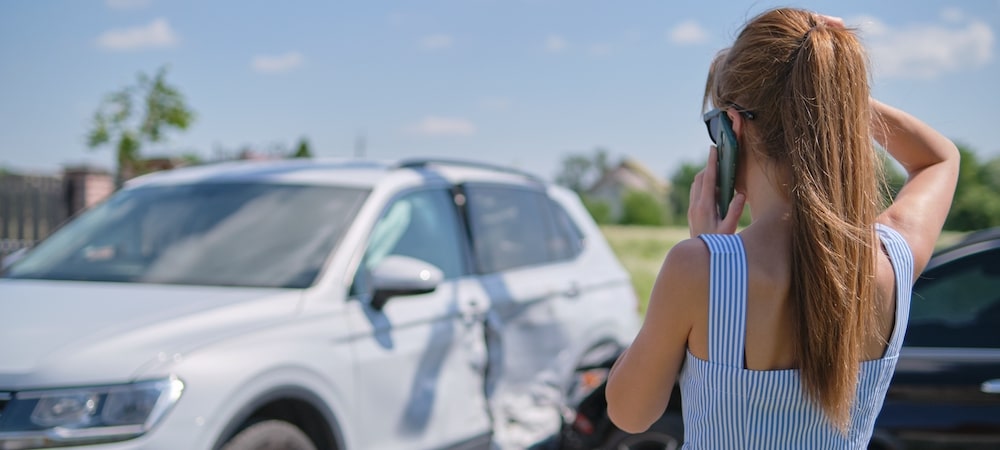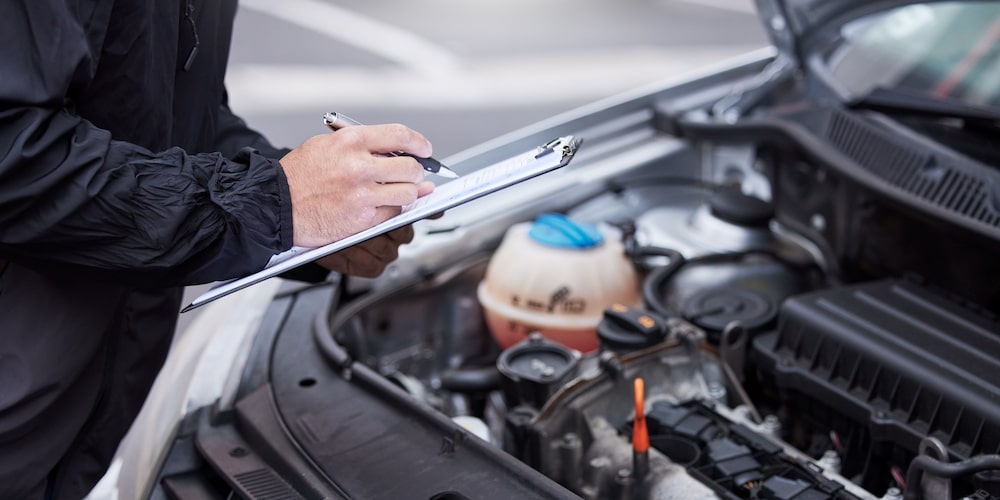Red light cameras have become a common technological fixture at many intersections across Illinois, tasked with the objective of enhancing road safety by deterring red light violations. When a vehicle is detected running a red light, these automated systems capture photographic or video evidence, which is then reviewed by law enforcement to determine if a violation occurred. If confirmed, a red light camera ticket is issued to the registered vehicle owner, typically carrying a fine. The debate over the use of red light cameras involves a complex interplay of road safety benefits and concerns around privacy, accuracy, and revenue generation.
In Illinois, the impact of red light cameras has been significant both in terms of traffic enforcement and revenue. Local governments have collected substantial revenue from red light camera tickets, with fines depending on the municipality. While proponents argue that red light cameras contribute to a reduction in traffic violations and accidents, detractors question their fairness and efficacy, citing instances of misidentification and system errors. Legislative actions and public opinion continue to shape the discourse on the future of red light camera use in the state.
Understanding Red Light Cameras in Illinois
Red light cameras are strategically implemented at intersections to enhance safety and reduce traffic violations. This automated system serves as a constant monitor at major crossroads.
Purpose and Location
Red light cameras in Illinois are installed with the purpose of decreasing accidents caused by red light running. These cameras are typically found at high-traffic intersections, where the incidence of accidents due to red light violations is statistically high. Furthermore, intersections near schools, hospitals, and areas with pedestrian traffic may also be equipped with these cameras to ensure a safer crossing environment. The exact locations of red light camera intersections can often be identified by signage and are selected based on traffic data cameras and accident records.
Operation and Technology
The technology behind Illinois’ red light cameras involves advanced sensors and cameras positioned at the intersection. These sensors trigger the camera when a vehicle enters the intersection after the traffic signal has turned red. The camera captures photos and video of the violating vehicle’s license plate, as well as a clear shot of the intersection showing the traffic signal status. Tickets are issued based on this photographic evidence. Importantly, this system operates 24/7, providing consistent enforcement at marked intersections.
Mechanics of Red Light Camera Operation
Detection: Cameras are triggered when a vehicle enters an intersection after the traffic signal has turned red. Sensors in the road detect the vehicle’s presence, and the camera system is activated.
Capture: Upon activation, the camera records the vehicle’s license plate, the date and time of the violation, and the elapsed time since the traffic signal turned red. Some systems also capture video footage.
Review: The captured data is then reviewed by trained personnel or law enforcement officers to confirm a violation occurred before a citation is issued to the registered vehicle owner.
The Legal Process of Red Light Camera Tickets
Red light camera tickets are handled through a systematic legal process, which involves the issuance of citations, the opportunity to contest them, and the consequences that follow a recorded violation.
Issuance of Citations
When a vehicle is detected running a red light at an intersection with a camera, a red light camera ticket is automatically generated. The registered owner receives this citation through the mail, typically within 14 days of the violation. The law does not require the violator to be driving; the owner is responsible regardless of who was driving.
Contesting a Ticket
Recipients of a red light camera ticket in Illinois are entitled to challenge the citation. To contest a ticket, they must request a hearing by the due date noted on the ticket. At the hearing, they, or their car accident lawyer, can present evidence or argue their case as to why the ticket was issued incorrectly or unjustly. Photographic evidence is often used to determine the legitimacy of the red light violation.
Consequences of Violations
The consequences of not addressing a red light camera violation promptly and properly can be significant. If the fine is not paid or the ticket is not contested before the deadline, additional penalties including late fees can be applied. While red light camera violations do not directly add demerit points to a driving record, unpaid fines can result in license suspensions or other long-term repercussions.
Impact of Red Light Violations on Driving Record
Red light violations can have a concrete effect on a motorist’s driving record in Illinois. Specific consequences such as demerit points and potential insurance rate increases hinge on the nature of the ticket and the history of the driver.
Points and Penalties
In Illinois, traditional red light running can result in a significant fine and demerit points on a driver’s record. For instance, a stop sign or red light violation typically carries a fine of $120 and adds 20 points to the motorist’s driving record. However, tickets issued through red light cameras are priced at $100 and do not contribute points to the driver’s record.
Insurance Implications
While a ticket from a red light camera does not directly affect a driving record or insurance rates—it is treated similarly to a parking ticket—repeated offenses and traditional tickets for red light violations could lead to increased insurance premiums. Insurers base their rates on risk assessments, and infractions such as red light running signal higher risk.
Preventative Measures and Safety Tips
To mitigate the risks of red light accidents, Illinois emphasizes educational outreach and strategic driving techniques. These focused efforts are critical in reducing incidents of drivers running red lights and subsequently, the potential for car accidents.
Educational Programs
Illinois has rolled out numerous educational programs targeting driver awareness around traffic lights. For example, many communities host informational sessions that elucidate the dangers of running red lights and offer data on how such behavior markedly increases the risk of car accidents.
Defensive Driving Strategies
Strategic defensive driving techniques are essential for Illinois drivers. Defensive driving strategies include:
Always stopping on red: It’s imperative that drivers come to a full stop at red traffic lights.
Anticipating light changes: Drivers should be attentive to the traffic light patterns and prepare to stop when lights turn yellow.
Maintaining a safe following distance: This reduces the need for sudden stops which can be a factor in rear-end collisions at traffic lights.
By following these educational programs and defensive driving strategies, Illinois drivers can contribute to safer roads and a lower incidence of red light-related car accidents.
Red Light Camera Accuracy
The accuracy of red light cameras is carefully managed under Illinois regulations. Cameras capture images of the vehicle’s rear license plate if it crosses the intersection against a red signal. The State of Illinois enforces stringent criteria on these cameras to ensure evidence from red light violations is reliable. For verification, individuals may review the video of the incident associated with their ticket.
The Role of Legal Representation
In the event of a red light violation dispute, a lawyer familiar with Illinois traffic laws can offer legal representation. The team at 844 See Mike is equipped to scrutinize ticket evidence and may argue on technicalities such as camera malfunctions or signage visibility. The choice to seek a lawyer depends on the individual’s assessment of the situation and how they wish to proceed with the ticket challenge.
How a Lawyer Will Use Red Light Cameras to Your Advantage in Traffic Violation Disputes
These automated systems capture the license plate numbers of vehicles that run red lights, which can result in fines for the vehicle’s registered owner. However, from a legal perspective, these devices can also be a source of evidence that may be advantageous in disputing a traffic ticket or in a broader legal strategy.
Lawyers proficient in traffic law understand the intricacies of red light camera systems and are adept at scrutinizing the recorded data that such cameras produce. They can assess the validity and accuracy of the evidence used to issue a citation, and they may also explore the legality of the camera’s operation at the time of the alleged offense. The potential for human error in reviewing the camera’s footage, the proper maintenance of the camera systems, and the legal requirements for signage and signaling at the location are all aspects that a lawyer can investigate to leverage the red light camera to a client’s advantage.
Expert legal counsel from 844 See Mike can transform what seems like incontrovertible evidence of a traffic violation into a key component of the defense. We can identify procedural discrepancies or technical anomalies that may invalidate the citation issued. This prowess underscores the importance of knowledgeable legal guidance for individuals facing penalties from red light camera violations, where what is captured may not always tell the complete story.
Strategies for Challenging Red Light Camera Tickets
A lawyer will scrutinize the specifics of the red light camera evidence, ensuring accuracy in the technology and adherence to legal procedures, to build a strong defense against traffic citations.
Analyzing the Evidence
Your attorney will meticulously examine the photographic and video evidence from the red light camera for timestamp accuracy, clarity of the vehicle and driver identification, and proper signage visibility. They will assess whether the images incontrovertibly show the vehicle running the red light at the time indicated.
Timestamp and Date: Verification of the timestamp against the actual time of the incident.
Clarity of Identification: Ensure that the vehicle’s license plate and the driver are identifiable.
Signage Visibility: Check if traffic signs were clearly visible and unobstructed at the time of the alleged violation.
Questioning Camera Calibration and Maintenance
Our lawyers often question the regular calibration and maintenance records of red light cameras to ascertain that the device was functioning correctly.
Calibration Certificates: Requesting up-to-date calibration certificates
Maintenance Records: Inspecting maintenance logs for regular and proper upkeep
Expert Testimony: Potentially leveraging an expert witness to attest to the functionality of the camera
Identifying Errors and Violations in Procedure
Ensuring adherence to legal statutes and operational protocols, lawyers will look for procedural lapses that could invalidate the ticket.
Issuance of the Ticket: Confirming if the citation was issued within the statutory time frame
Notification Process: Verifying that the notification process complied with legal requirements
Authorization of Equipment: Checking if the red light camera equipment was authorized and operated as per state laws and regulations
Contact 844 See Mike With Any Questions About the Illinois Vehicle Code
If you’re navigating the complexities of the Illinois vehicle code and find yourself in need of guidance or clarification, don’t hesitate to reach out to 844 See Mike. Our expertise in the field ensures that any questions you have will be addressed with the utmost attention and professionalism.
Contacting 844 See Mike can provide you with the insights and answers necessary to understand the various provisions of the vehicle code. Whether it’s for a simple inquiry or in-depth legal assistance, we are here to assist you with any concerns related to Illinois vehicle laws.





